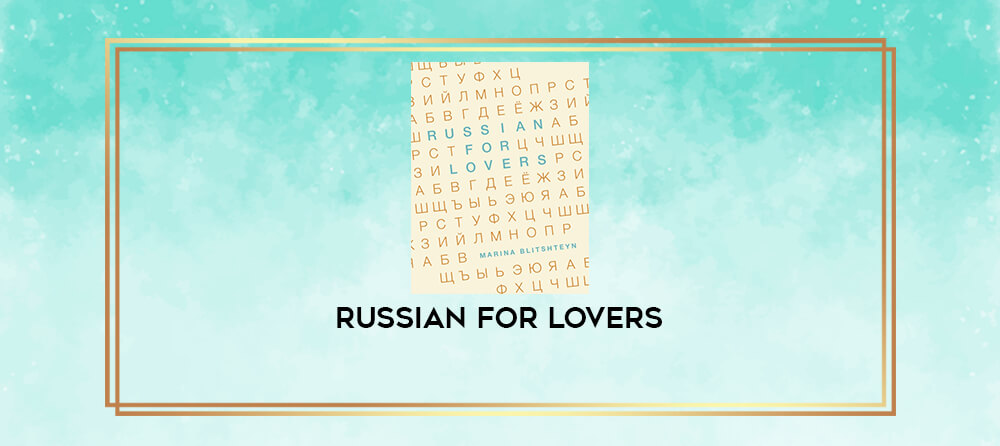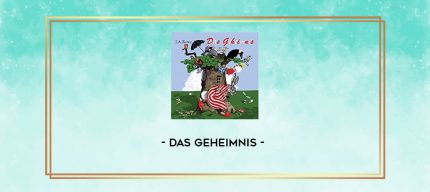Course Description
Russian For Lovers
Product Include : 18 Flv, 33 Pdf, 16 Mp3
Product Size : 77.5 MB
Delivery : Digital Download Immediately

Russian For Lovers
by Vladislav Davidzon
Reviewing a new volume of poems by a bright young Russian-American poet, one retreads through a host of taxonomic issues. To condense the debates of an entire critical discipline into a telegramattic brief, the literary output grouped together until the sobriquet of -Russian-American poetry is plagued by a host of problems: intertextual interpretation, cross-cultural communication, theoretical translation, mimetic mirroring, and-not least of all-bilingual language competency. In short, one faces all the conflicts inherent in the duality of steeping one’s tea in two pots simultaneously. Matvei Yankelevich offers us a shrewd analysis of many of these issues in his essay -The Russians Are Coming! The Russians Are Coming! (online here) when he points out that -what would appear to be a small coterie is really a prism reflecting most theoretical debates between poetic schools that exist in the American as well as in the Russian context.
The bright young Russian-American poet under review here is Marina Blitshteyn, a Moldovan born, Jewish woman (and none of these descriptors are incidental; all appear thematically in her intently autobiographical but not immodest poems). Reading her lightly cadenced first book,Russian for Lovers, one would do well to remember some of the heretofore-mentioned debates; though of course set away at a wry angle from theoretical antecedents, Russian for Lovers is lyric-romantic in a certain tremulously innocent Russian vein, and plain-spoken modernist in another. Though there are fairly different sorts of poems in the book-dialogue poems, a poem with a large oval circle the length of the page with the Russian word for lake in the center, a Summer Travel-Graduate Degree-Wedding-Tenure timetable-the common denominator is Blitshteyn’s attentiveness to internal rhymes and sinuous flow.
The book is arranged as a phonetic and romantic primer for a lover, teaching him not just the outlines of runes but the ideas and forms they are entwined with. Each poem riffs off a letter in the Russian alphabet, and each follows the shape, rhyme, -feeling or sound of a letter. The morosely pneumatic M stands for -my little mother. C or CCCP (pronounced like an s in Russian, with the poem interrogating both sounds and meanings) is for -sister/system, or when we learn our letters through the prism of Communism. That old union of soviets may not be what she made herself out to be-communism is not a utopia / fellow travellers say / communism is a sure sell / communism is a sister city-though she knows what she wants and we should -make sure / make sure / communism gets her way / somebody pull her hair.
And then there is Ã, the voiced postalveolar fricative, which is -already tightening under the tongue / that pressure to drum or run / already cracking the mark into parts, and which begins the chanting of the anti-Semitic refrain Ãëà Ãëà Ãëà (though the correct spelling of -Zhid in Russian is ÃÃÃ, unless I am missing another meaning the poet intended). Although it is about being called a racial slur, the poem is not self-pitying, preachy, or pedantic. The incantation is repeated -until it numbs its meaning but is it is recuperated and refracted by a self-willed act of negation at the end of the poem, even though it is -still hard buying the translation / believing in it enough to say / I’m already a new constant / I know my American name.
With her primer of the elemental letters and lessons of love, Blitshteyn has composed a lovely debut book of poems. I for one am expecting my next lesson eagerly.























Reviews
There are no reviews yet.